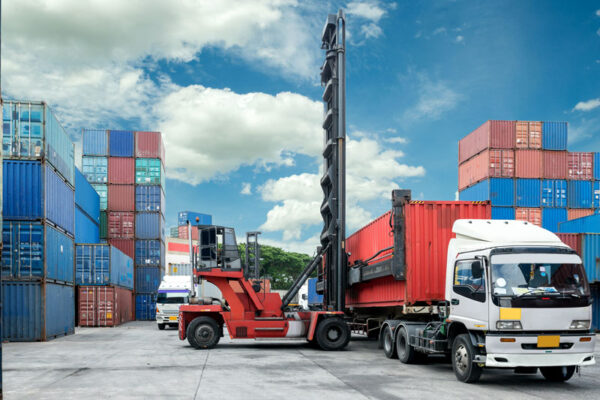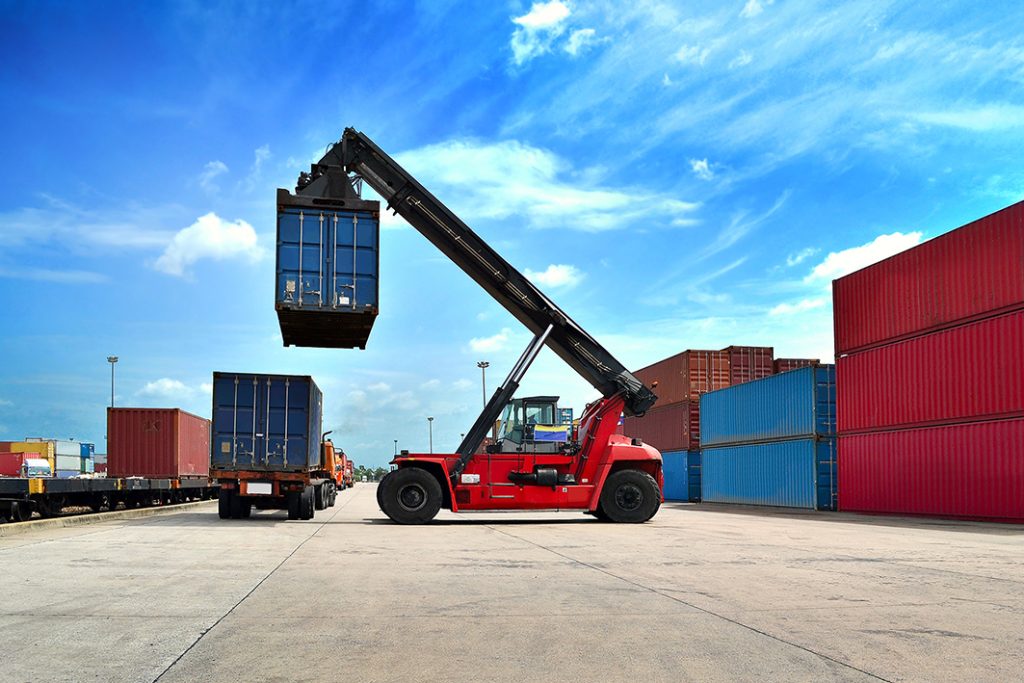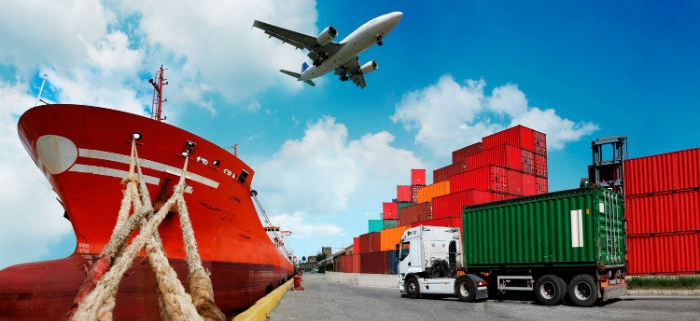For businesses looking to expand without borders, trading company services can be the key to maximizing opportunities and easing entry into new markets. In this article, we’ll explain how a trading company goes beyond product distribution to become a strategic ally in transforming your supply chain.

What Services Does a Trading Company Offer?
An effective trading company provides comprehensive services that extend far beyond simple distribution. These services are designed to streamline and optimize business processes, including:
- Market Opportunity Identification: Before taking a product across borders, it’s crucial to understand where business opportunities lie. Market analysis helps identify growth niches, ensuring products find suitable demand and resources are used effectively.
- Import and Export Management: International product trading involves logistical and regulatory challenges. Effective import and export management coordinates shipments, handles customs, and complies with each country’s regulations, ensuring smooth transitions at every logistics stage.
- Warehousing and Integrated Distribution: Managing and securing inventory in strategically located warehouses is essential. Warehousing services include strict security protocols to protect inventory and control systems that optimize product rotation. Distribution solutions, in turn, focus on delivering products efficiently to the end customer, minimizing delivery times and ensuring reliable service.
What Activities Does a Trading Company Handle?
A trading company is responsible for various activities, ranging from operational logistics to managing international trade regulations. Key activities include:
- Logistics Coordination: Within a trading company, logistics tasks involve coordinating inventory, shipments, and international transportation. This process requires technical knowledge and technological tools to optimize each shipment, reducing costs and delivery times.
- Compliance with International Regulations: Every country has unique product import and export regulations. A trading company advises and ensures each product meets legal requirements, preventing fines and delays in commercial operations.
- Process Optimization: From receiving goods to final delivery, process optimization is a priority. Continuous improvement strategies ensure every supply chain stage is more efficient, reducing risks, lowering costs, and increasing service reliability.

What Can a Trading Company Do for Your Business?
With trading company services, businesses can access new markets without worrying about logistical and regulatory hurdles. Some of the possibilities include:
- Expanding Market Reach: A trading company simplifies overseas expansion, helping businesses sell and distribute products in markets that would otherwise be difficult to reach due to logistical and regulatory barriers.
- Access to Strategic Distribution Networks: By leveraging well-structured distribution networks, a trading company helps position products in the right places at the right times. This ensures products reach the end customer efficiently and promptly.
- Enhancing Supply Chain Efficiency: A trading company optimizes each process, allowing businesses to focus on their core activities while knowing their supply chain is in expert hands.

What’s the Difference Between a Distributor and a Trading Company?
Although distributors and trading companies may seem similar, each has a distinct focus:
- Distributor: A distributor’s main role is to store and transport products to the end consumer or retail locations. Distributors focus on maintaining inventory and ensuring timely delivery to customers.
- Trading Company: In contrast, a trading company not only distributes products but offers a full range of services, from sales planning and logistics management to regulatory compliance and market entry strategies. Additionally, a trading company handles export and import activities, becoming a strategic ally for businesses aiming for global expansion.
How Efficient is a Modern Trading Company?
A modern trading company does more than just import and export; it also optimizes product storage and distribution, aligning with each client’s specific needs. Through personalized solutions, a trading company enhances efficiency and security in inventory management. Their warehousing and distribution services include:
- Secure Warehouse Management: Protecting inventory from damage or loss is a priority for trading companies. They implement strict security measures and monitoring systems to ensure the integrity of each product while it’s stored.
- Scalable and Flexible Distribution: Adaptability is essential to meet market fluctuations. Distribution solutions are designed to be scalable, allowing businesses to adjust their logistics needs seamlessly.
If you have questions about taking your products to new markets, managing import/export logistics, or if you’d like a personalized quote, a trading company can help. Consulting experts enables you to better understand how to optimize your supply chain and adjust services to fit your business needs. Don’t hesitate to reach out to a trading company for detailed information and to take advantage of their logistics and distribution expertise.

Specialized Import and Export Services
A trading company’s import and export services cover everything from shipment planning and customs requirements to risk analysis. This ensures every operation runs smoothly and efficiently. Additionally, they provide international regulatory advice, helping companies comply with each country’s rules, avoiding legal issues, and streamlining the commercialization process.
The Importance of Secure Product Delivery
Security is a critical aspect of a trading company’s activities. With secure handling protocols and real-time tracking, trading companies ensure each shipment reaches the end customer safely and in excellent condition. From textiles to hazardous materials, safety systems enable appropriate handling, reducing risks during transport and ensuring customer satisfaction.

Choosing a trading company is much more than finding an intermediary for product distribution. Thanks to their ability to optimize the supply chain, comply with international regulations, and manage inventory safely, a modern trading company turns each process stage into a competitive advantage. With their support, businesses can focus on growth and innovation, confident that every logistical and regulatory aspect is managed by experts.
